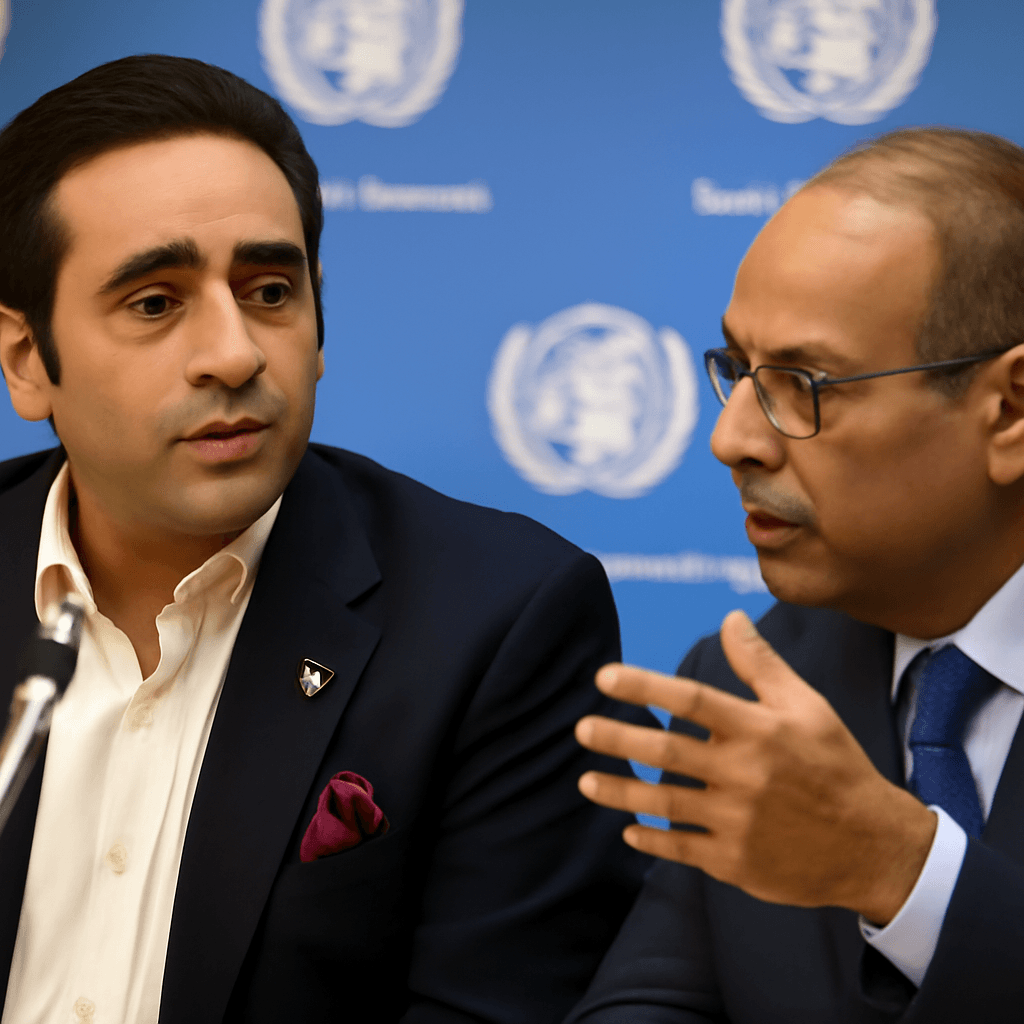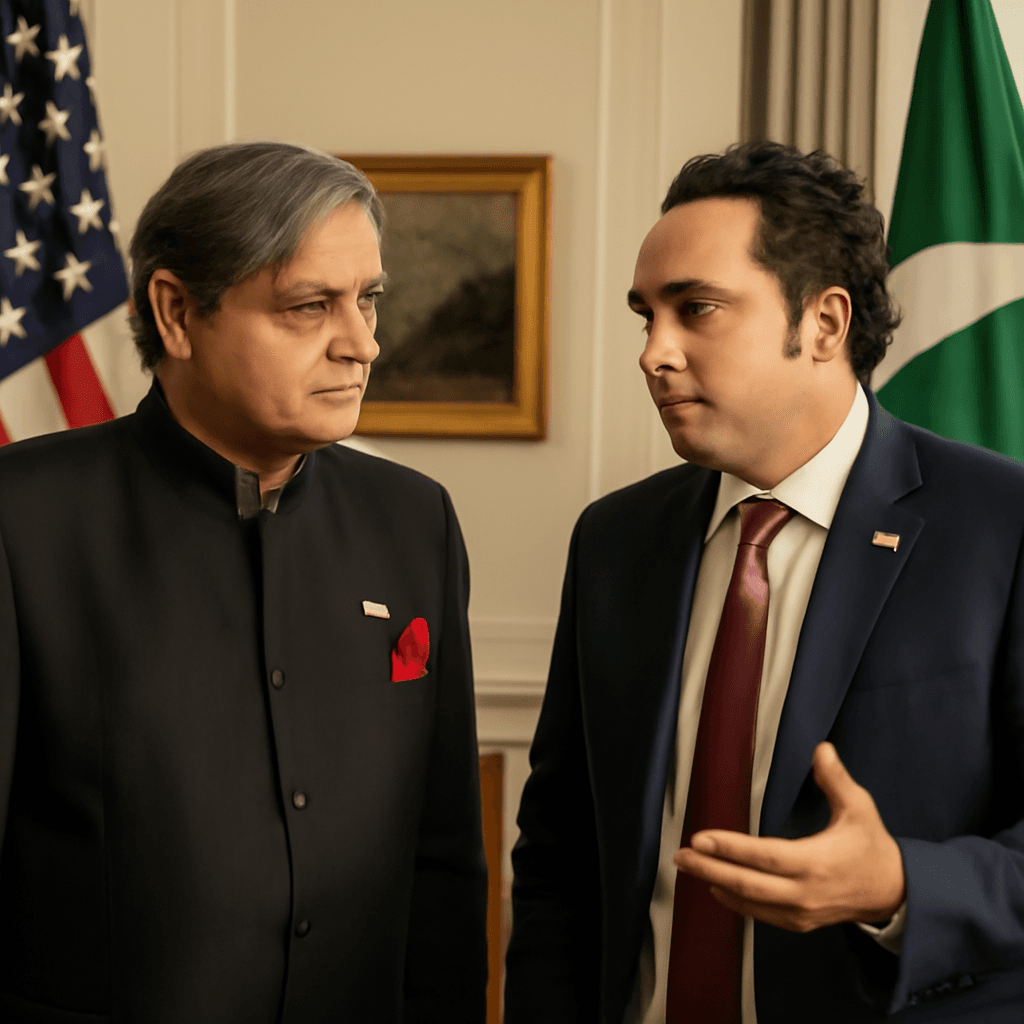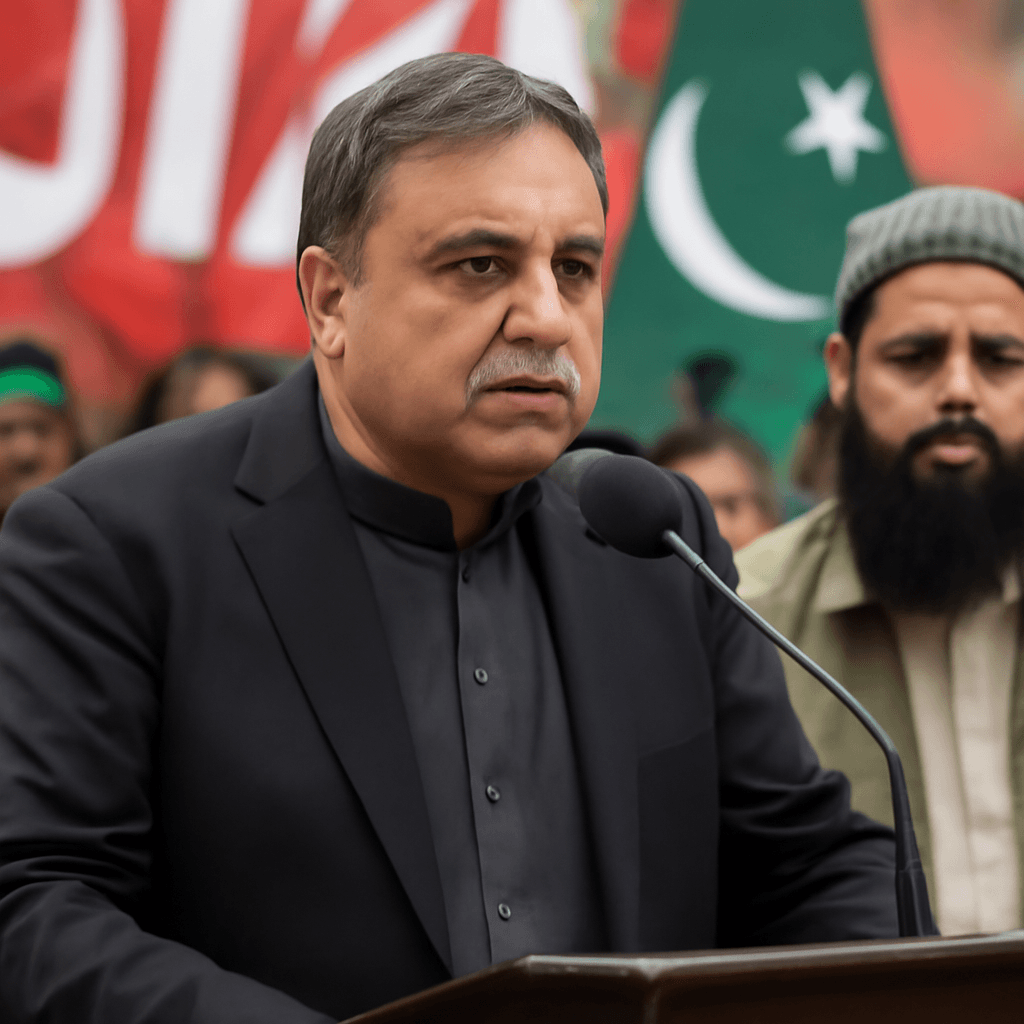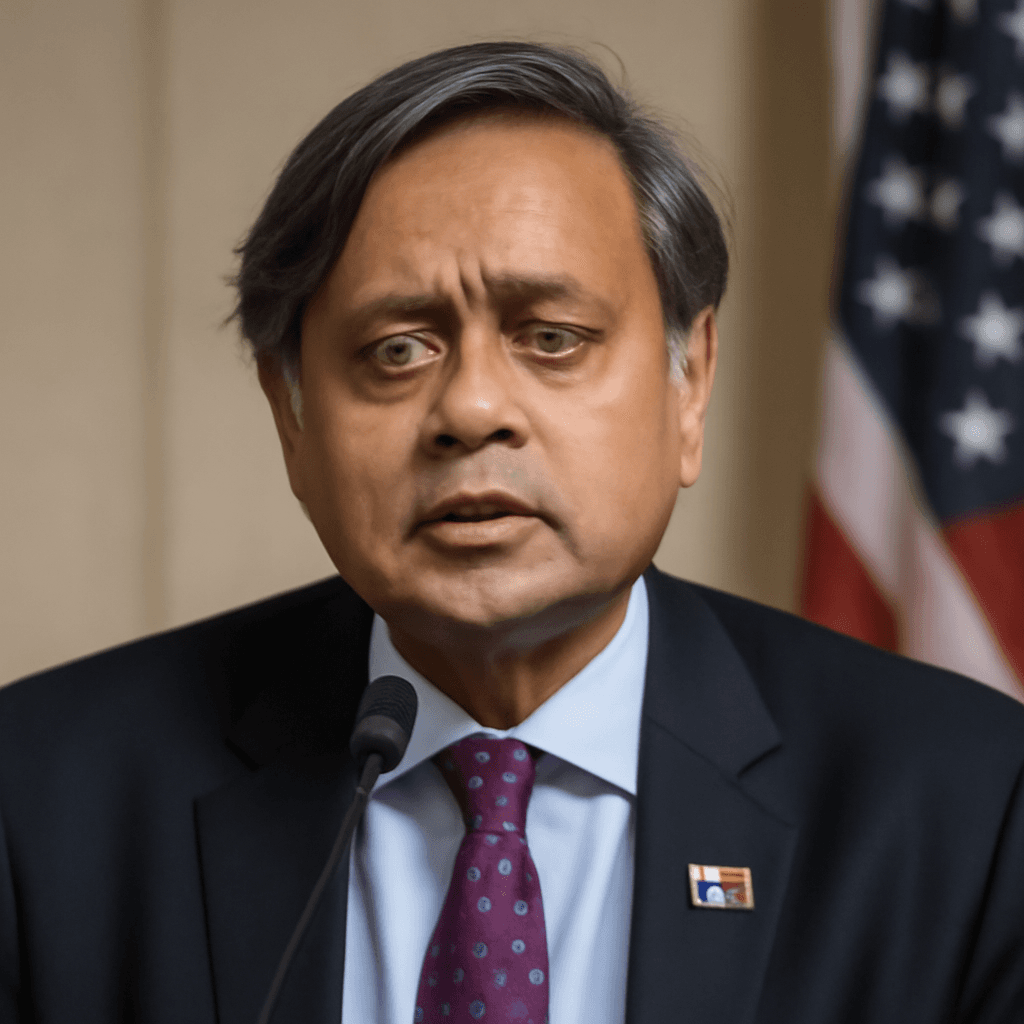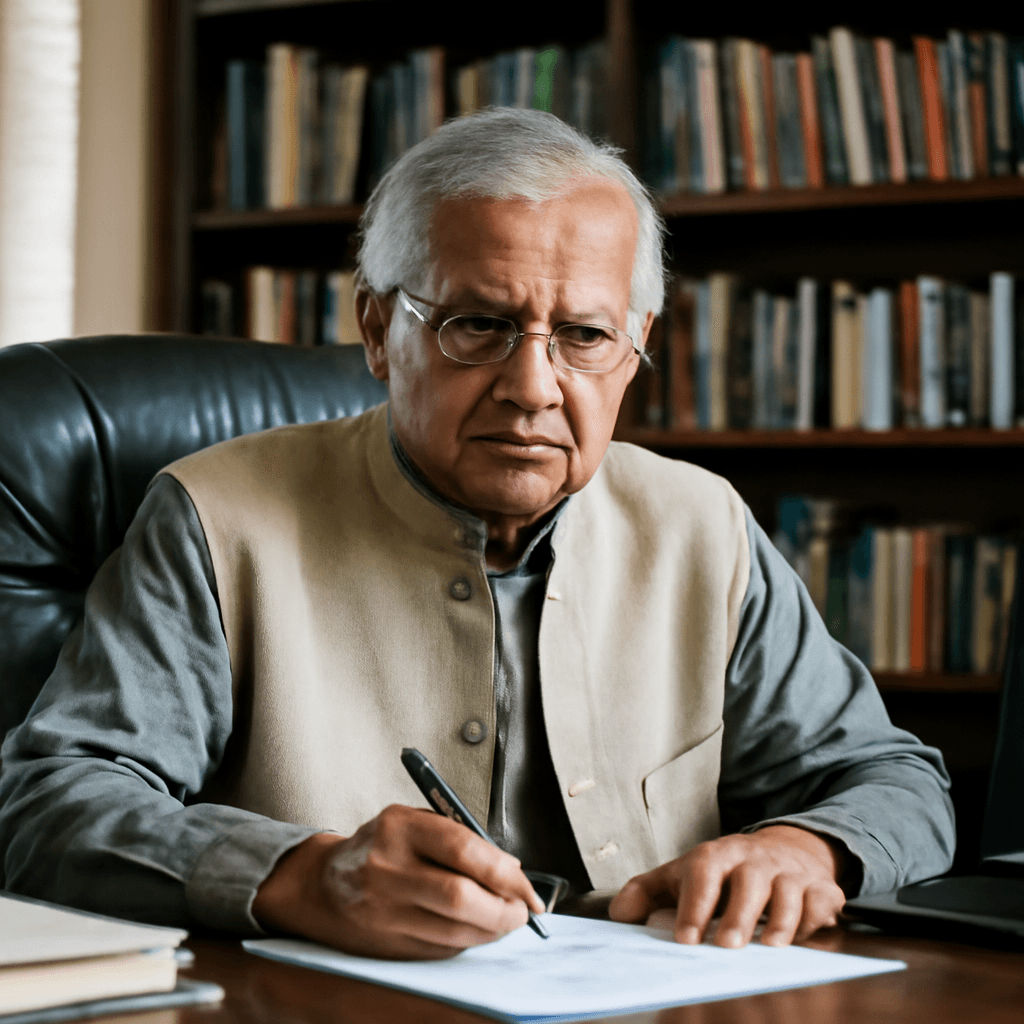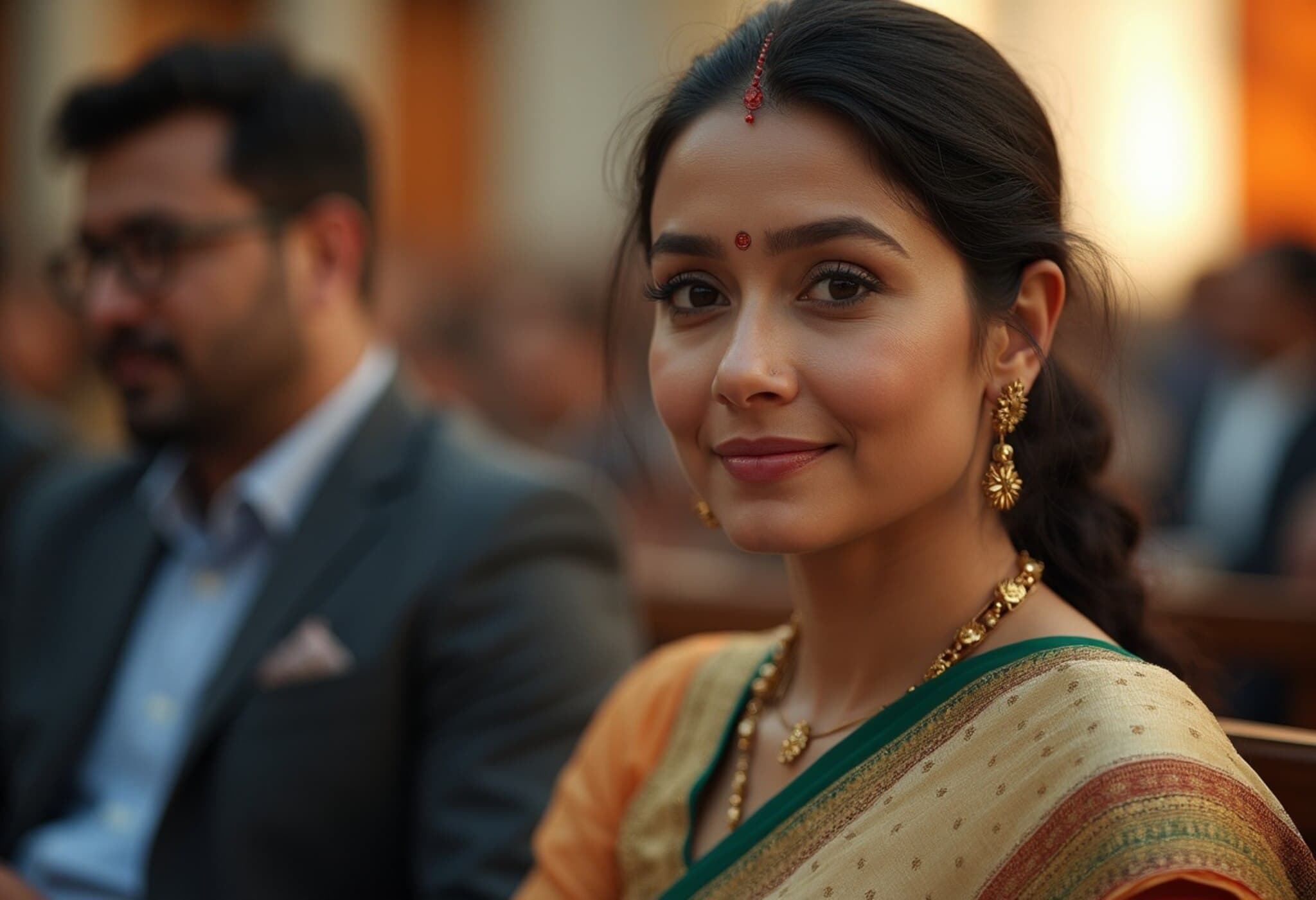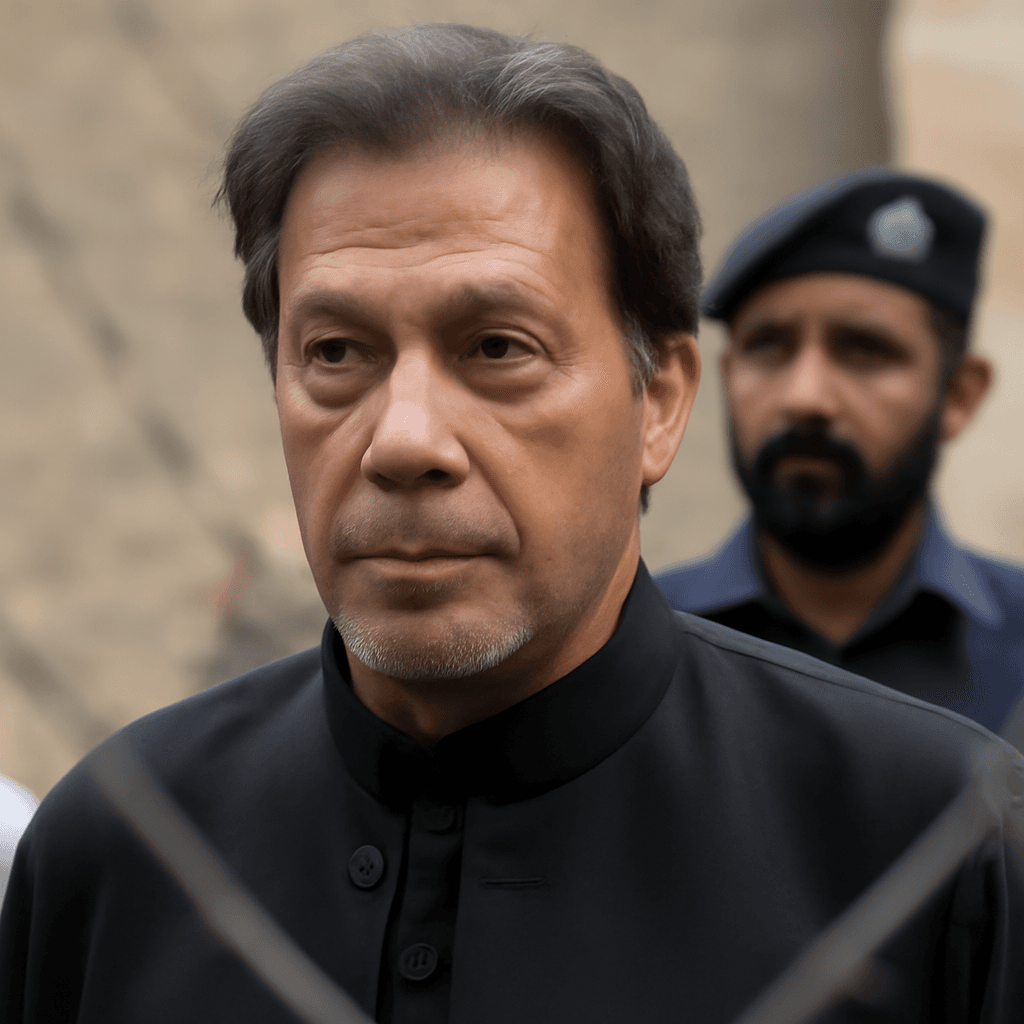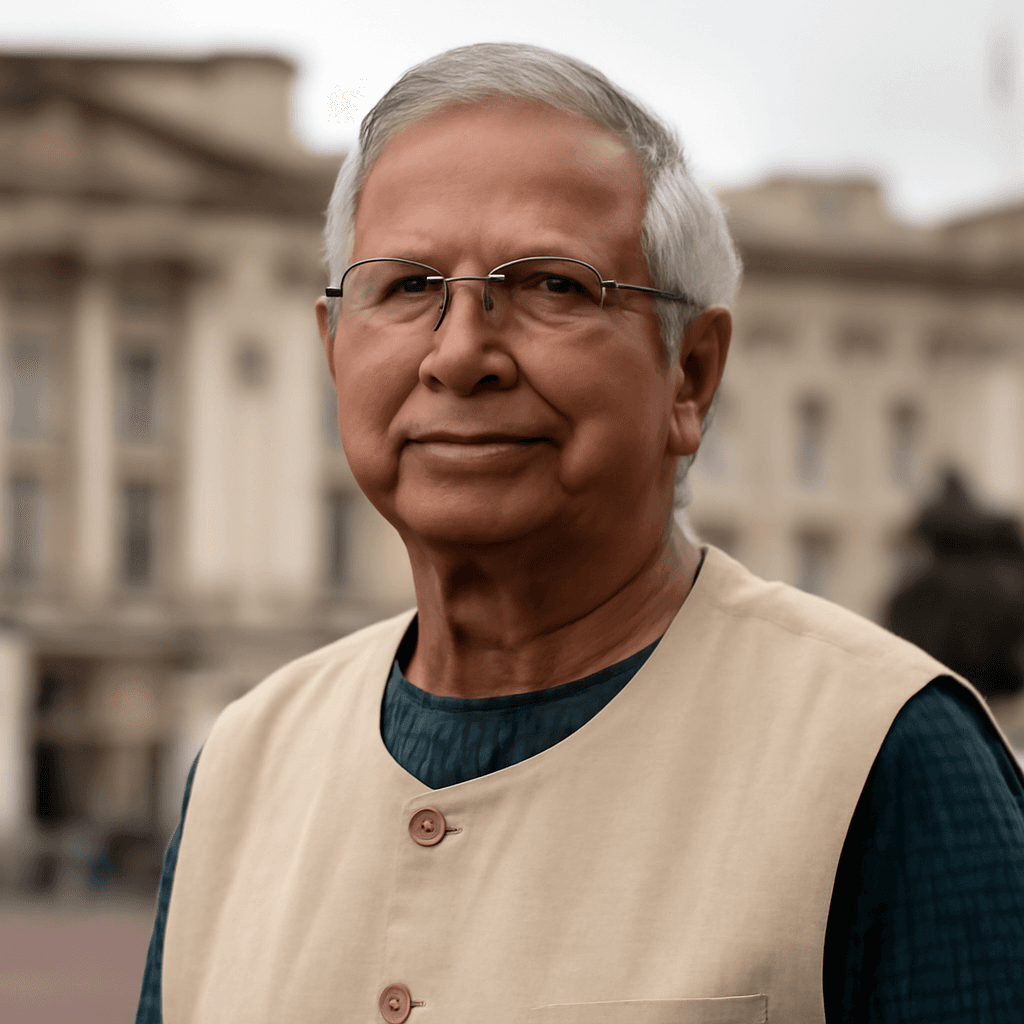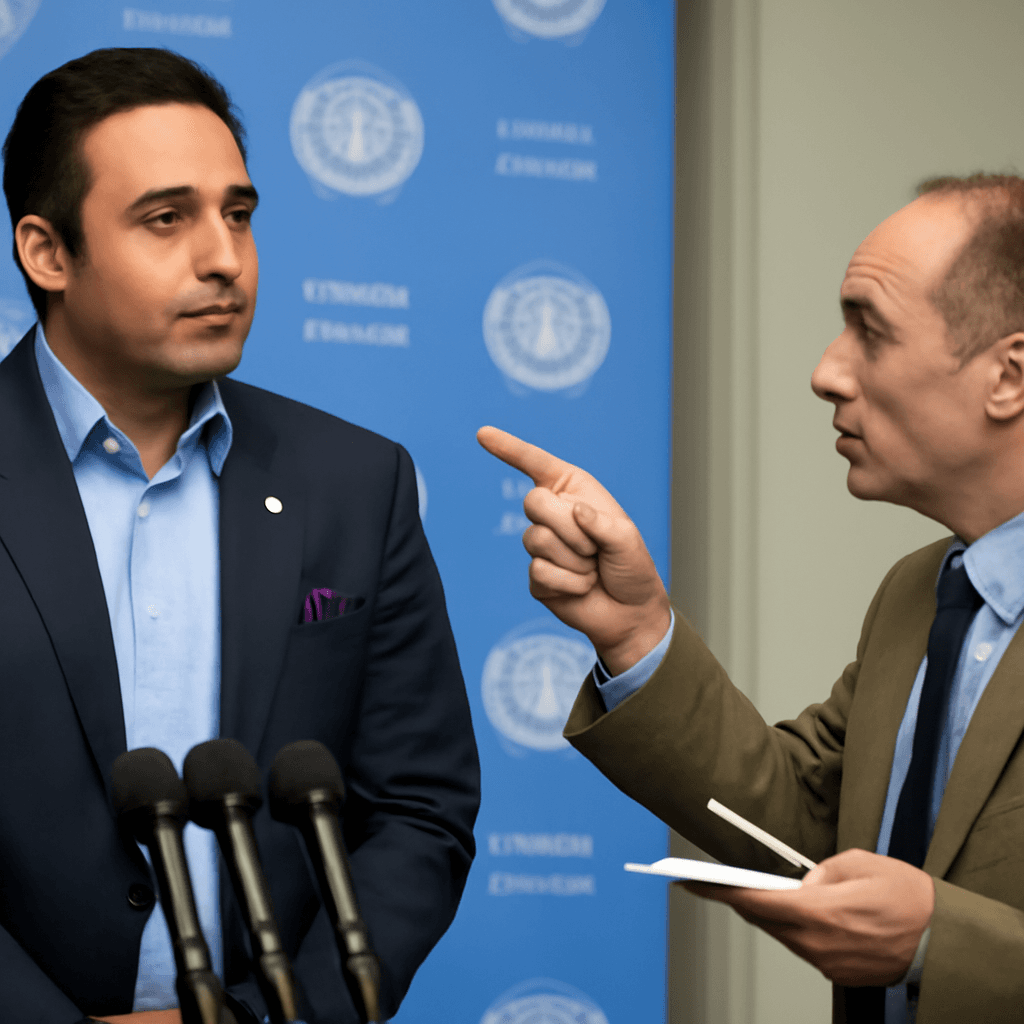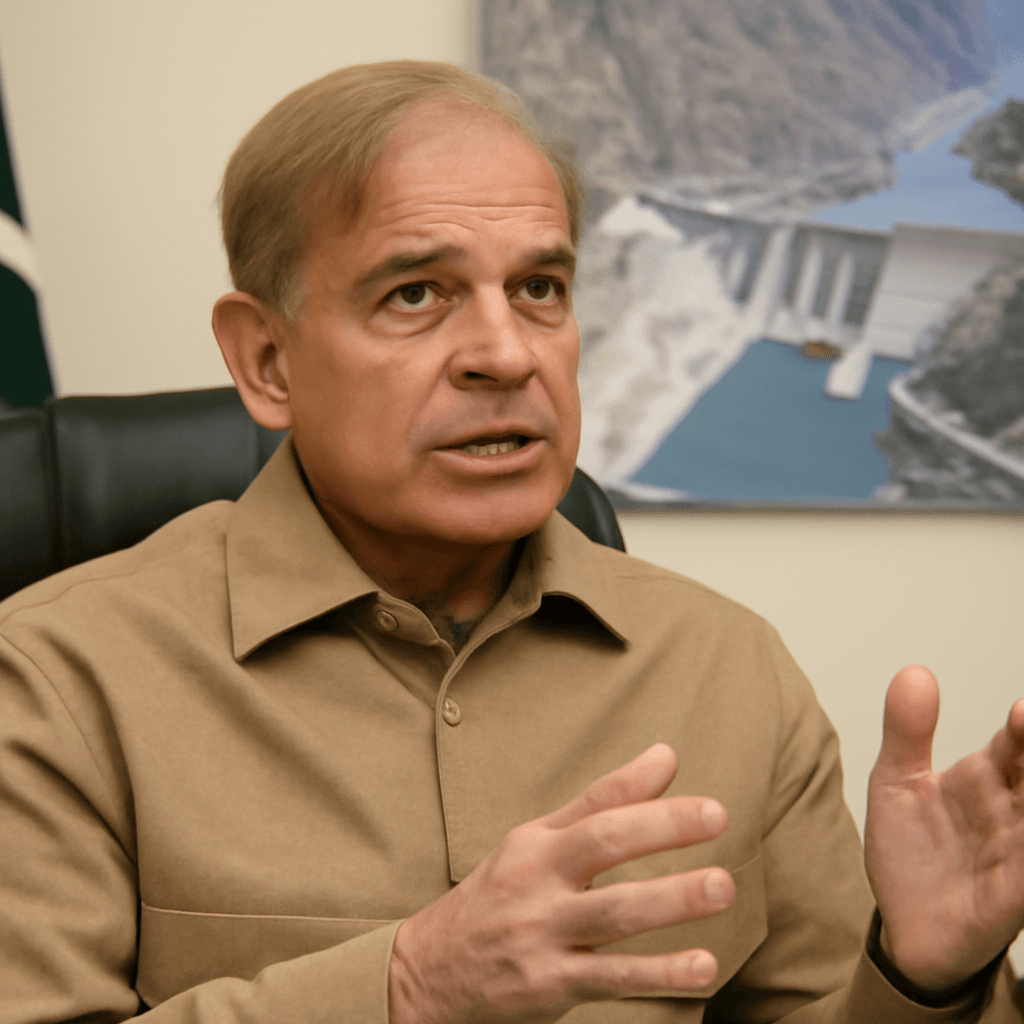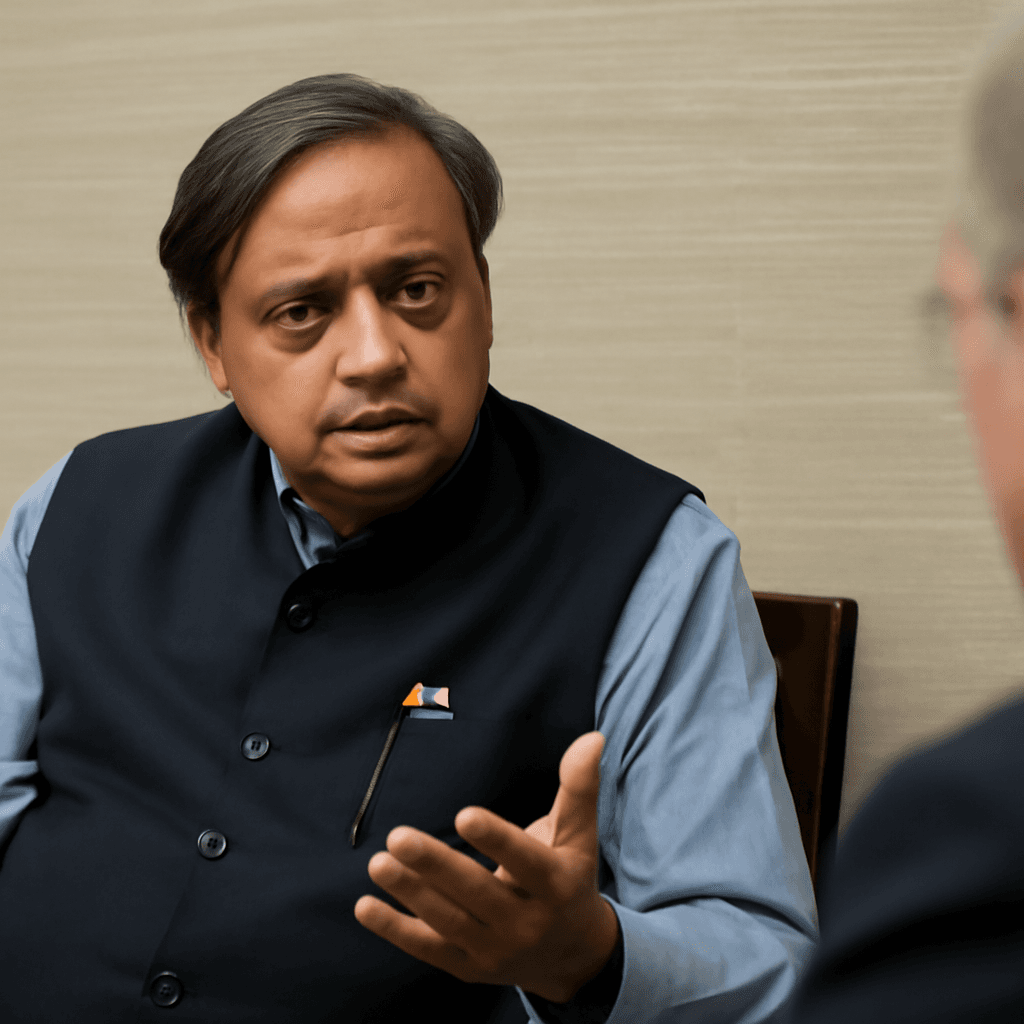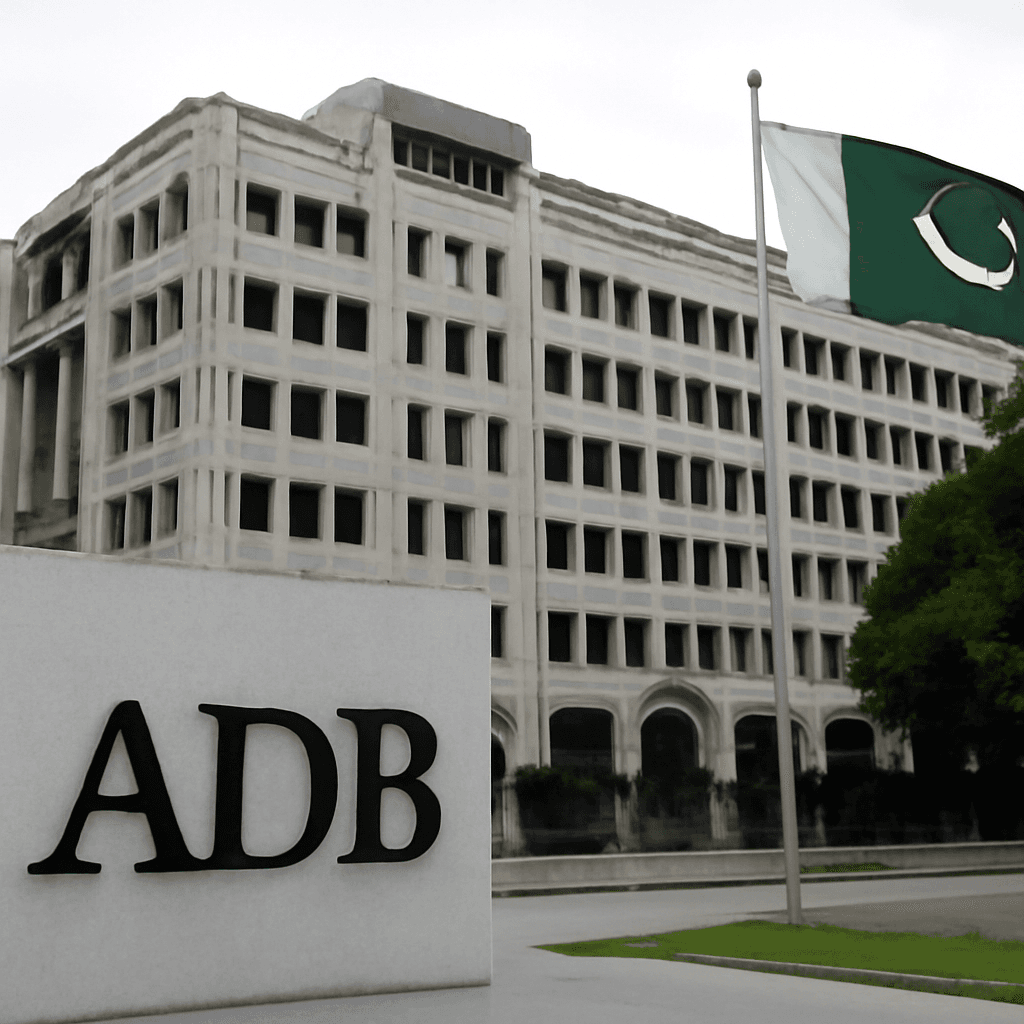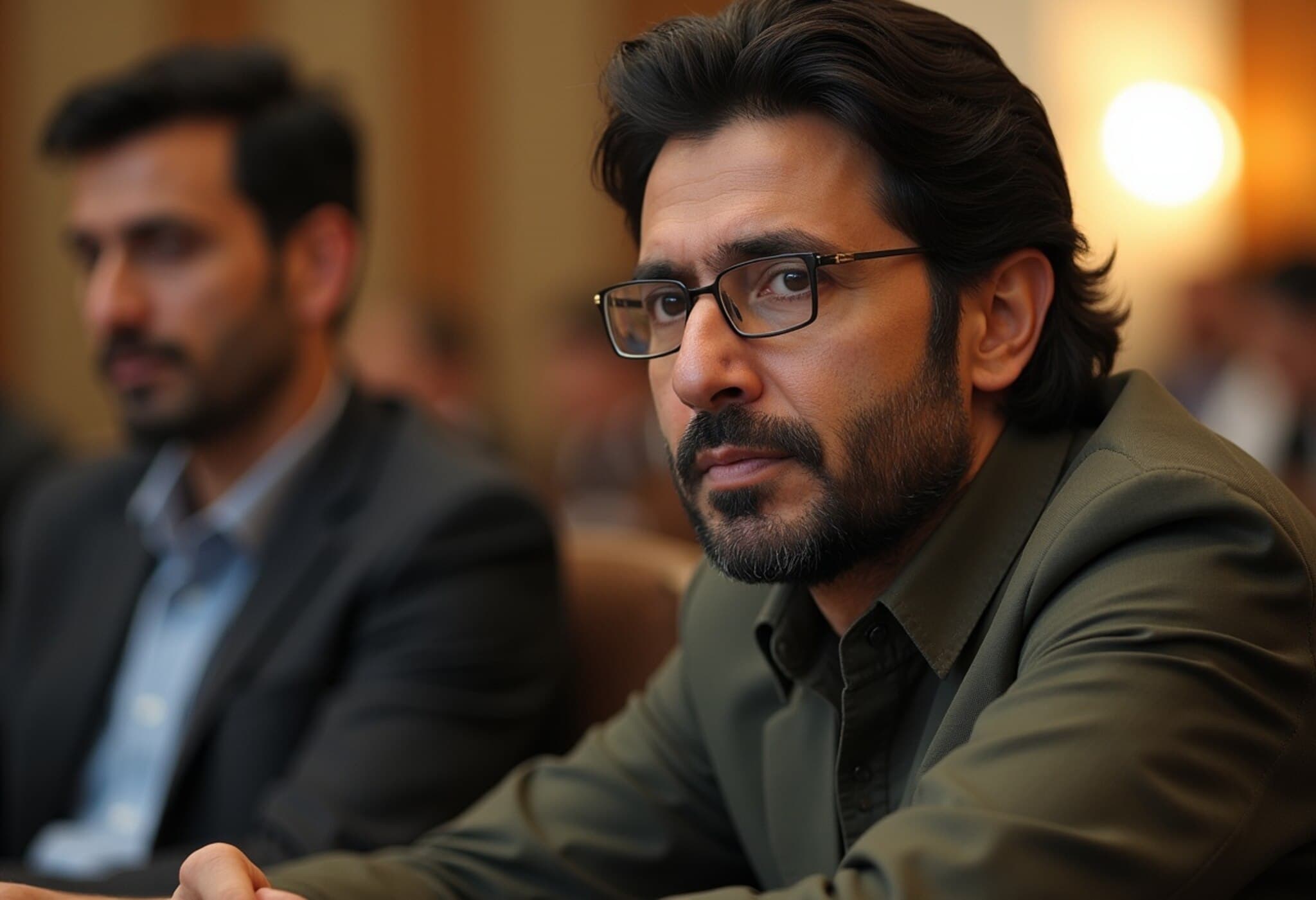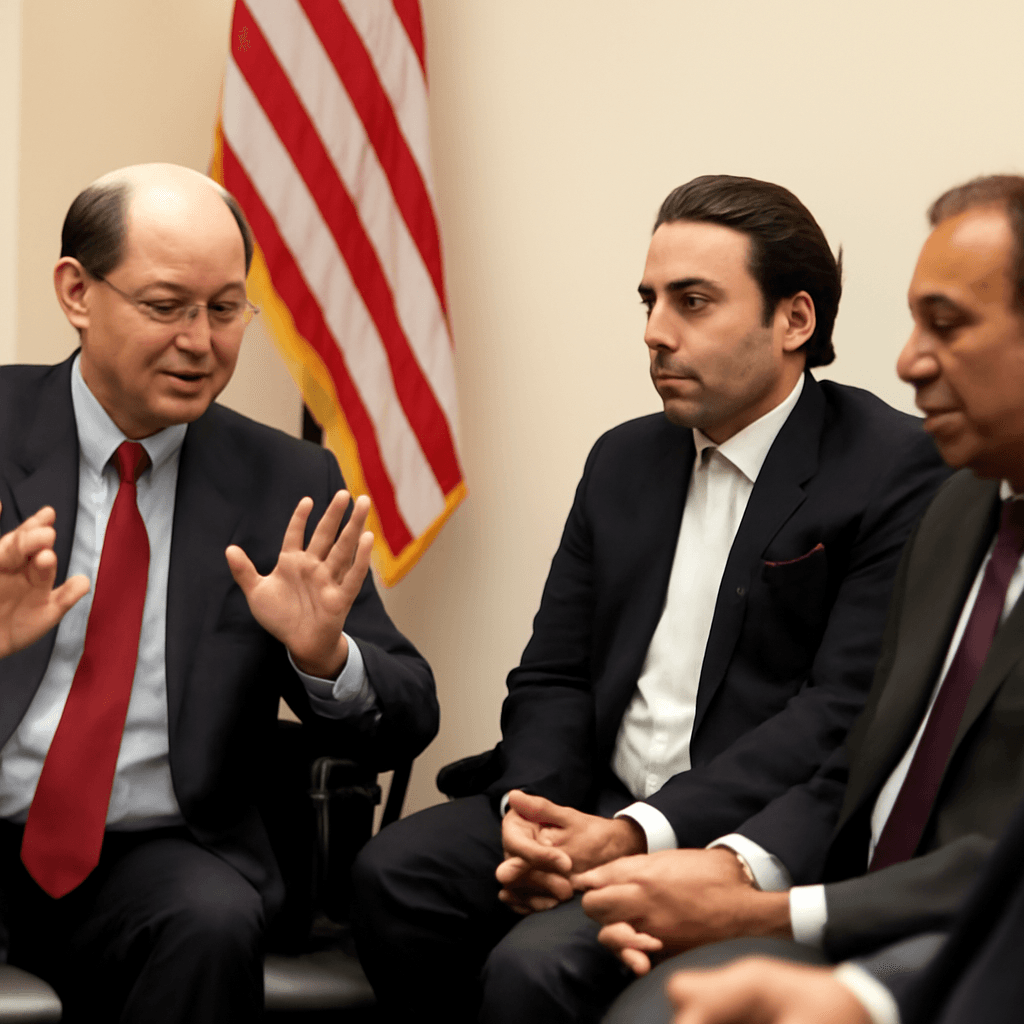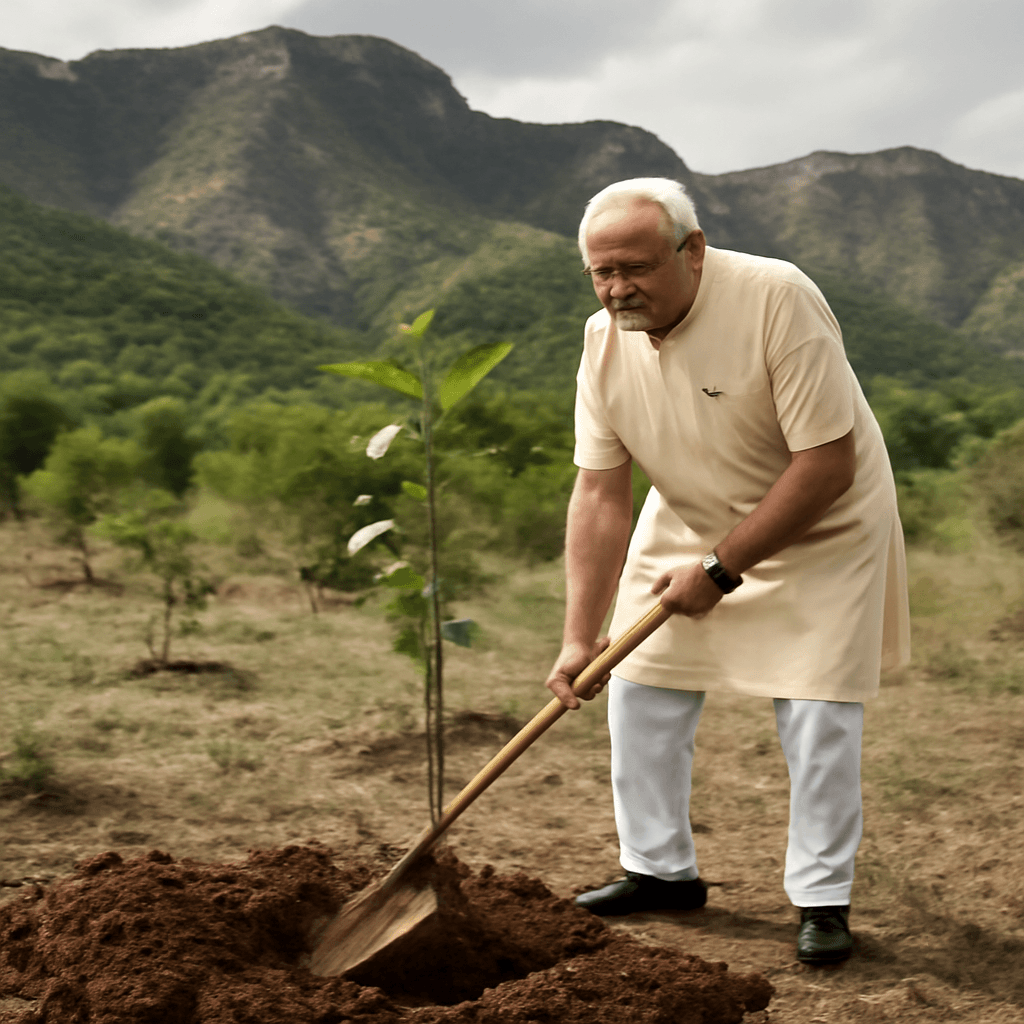Bilawal Bhutto Faces Challenge Over Pahalgam Attack Narrative
At a recent UN media interaction, Bilawal Bhutto, Chairman of the Pakistan People's Party and a member of Pakistan's National Assembly, encountered a pointed challenge from a US journalist following his remarks on the Pahalgam terror attack. Bhutto had claimed that the attack, which resulted in 26 civilian deaths, was being used to politically demonize Muslims in India.
Journalist Highlights Inclusion of Muslim Officers in Indian Briefings
Responding swiftly, journalist Ahmed Fathi referenced the presence of Muslim Indian military officials in government briefings during the conflict, implicitly countering Bhutto's narrative of widespread demonization. Fathi specifically mentioned Colonel Sofiya Qureshi, a notable Muslim Indian officer who publicly articulated India’s position during military operations, symbolizing India's inclusive representation.
Bhutto acknowledged the accuracy of this specific point but remained defensive, diverging into unsubstantiated allegations against India afterwards. The interaction highlighted the difficulties Bhutto faced in defending his assertions.
Context on Bilawal Bhutto’s Political Role and Statements
Bilawal Bhutto has served as Pakistan’s Foreign Minister and continues to lead diplomatic delegations abroad. At the UN, he admitted that Pakistan encounters significant obstacles when advocating for the Kashmir issue on international platforms.
In the wake of ongoing tensions, Bhutto previously attracted controversy with a provocative statement following India's suspension of the Indus Waters Treaty, declaring, “The Indus is ours and will remain ours – either our water will flow through it, or their blood.”
Criticism of Bhutto’s Rhetoric
Such remarks drew criticism from various quarters, including Indian political leaders who urged Bhutto to avoid incendiary rhetoric, emphasizing the personal losses his family has endured due to terrorism. They reminded him of the assassinations of his mother, Benazir Bhutto, and grandfather, Zulfikar Ali Bhutto, urging a more measured stance on sensitive issues.
Conclusion
The exchange at the UN underscores the complexities of the Kashmir discourse and the challenges of navigating international opinions. Bilawal Bhutto’s encounter with the journalist highlighted contrasting perspectives within this contentious geopolitical landscape.

